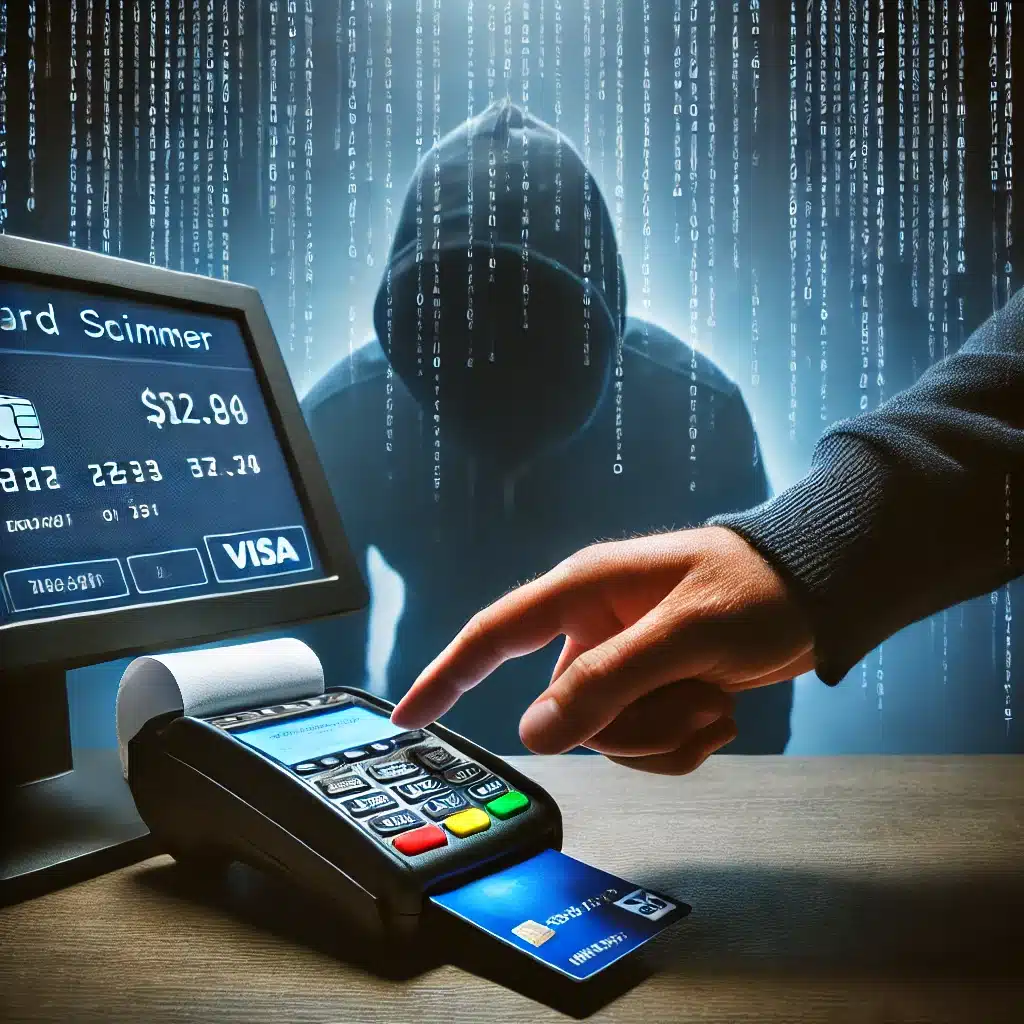|
Getting your Trinity Audio player ready...
|
A significant surge in POS machine frauds has alarmed businesses and consumers across Pakistan, as hackers increasingly exploit weaknesses in point-of-sale systems to steal sensitive debit and credit card data. These frauds typically involve techniques such as card skimming and the installation of RAM-scraping malware on POS machines, allowing criminals to capture valuable card details during transactions.
Follow Whatsapp Channel For More News
In a recent wave of fraud cases, hackers have installed skimming devices on POS systems, particularly in retail stores, restaurants, and ATMs, which siphon off data from customers’ magnetic stripe or chip cards. Once the card details are captured, cybercriminals often sell them on the dark web or use them to create cloned cards for unauthorized transactions.
Read Also: Retailers Allegedly Manipulate FBR POS System in Tax Evasion Scheme
A notable incident in 2018 saw data from 22 Pakistani banks leaked on the dark web, with the personal details of nearly 20,000 cardholders compromised. This breach allowed hackers to withdraw large sums of money from international locations using counterfeit cards.
How Hackers Exploit POS Systems
Hackers commonly target POS systems using RAM-scraping malware, which extracts card data directly from the system’s memory before it is encrypted. This method allows criminals to access cardholder information in real-time, making it a preferred tactic for large-scale operations. Additionally, they use remote hacking techniques to gain access to vulnerable networks, compromising databases that store cardholder information.
Response and Prevention Measures Of POS Machine Frauds
To combat this growing threat, businesses are encouraged to adopt chip card readers, as chip technology provides stronger security compared to magnetic stripe cards. The State Bank of Pakistan (SBP) has issued advisories urging banks to enhance their cybersecurity measures, and some institutions have temporarily restricted international card transactions to mitigate risks.
Furthermore, experts recommend regularly updating POS software, encrypting all transaction data, and training employees to identify signs of tampering with POS devices. Consumers are also advised to closely monitor their bank statements for suspicious transactions and to immediately report any irregularities.
As the number of cyberattacks on POS systems continues to rise, both businesses and consumers must remain vigilant in order to prevent further financial losses.

